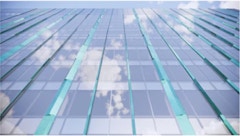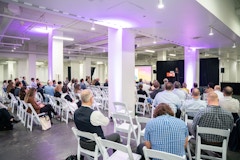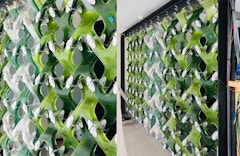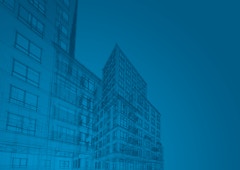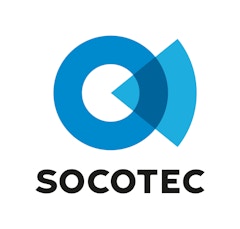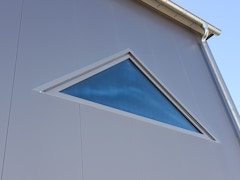
Printed Facades? Cases of Additive Manufacturing in the Building Envelope
This paper, written by a team at the Technical University at Darmstadt, uses examples of 3D printed structural glass, reinforced thin-sheet façade panels, and nesting bricks that can be integrated directly into facades to support work successful industrial applications.

